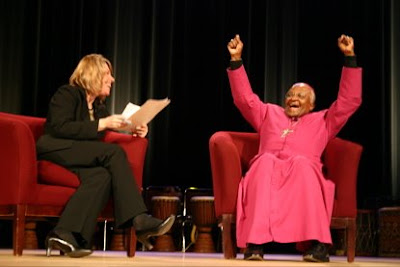April in Maine

The days are cold and brown,
Brown fields, no sign of green,
Brown twigs, not even swelling,
And dirty snow in the woods.
But as the dark flows in
The tree frogs begin
Their shrill sweet singing,
And we lie on our beds
Through the ecstatic night,
Wide awake, cracked open.
There will be no going back.

Part of my recent prayer, is meditating on all that I can view through a two-inch window. Inspired by an Anne Lamott, I began this practice - intentionally working to slow down my approach toward all that seems to BEG FOR MY ATTENTION - in this crazy, amazing, wonderful world of ours.
Here's my attempt: publishing photographs from my front yard of the sugar maple leaves working to become themselves, alongside a May Sarton poem, reproduced from Garrison Keillor's Writer's Almanac. (Much gratitude!)
Peace, Happy Meditating!

















































